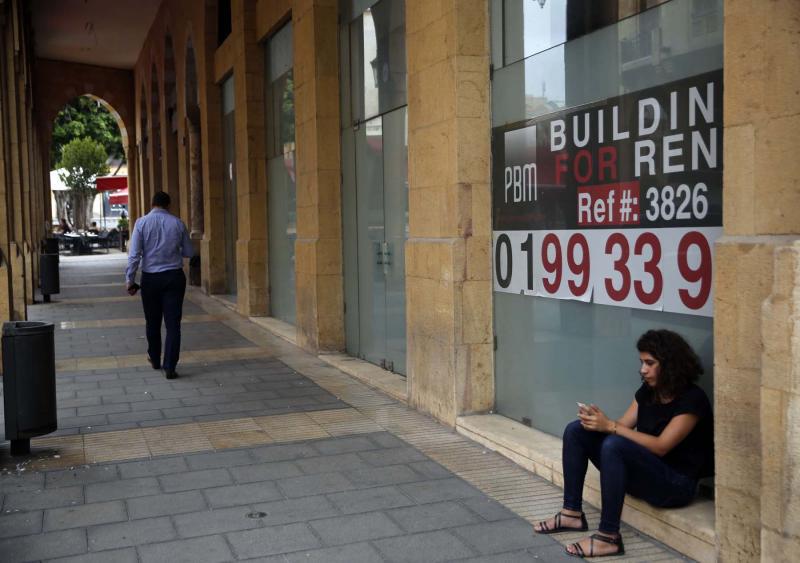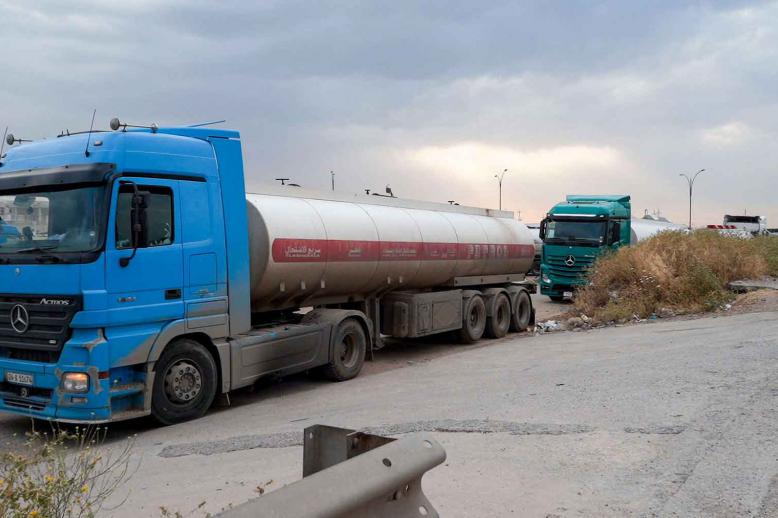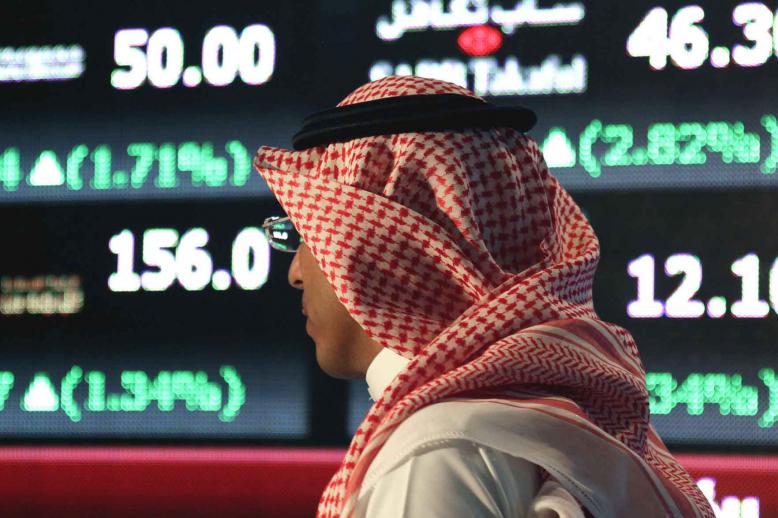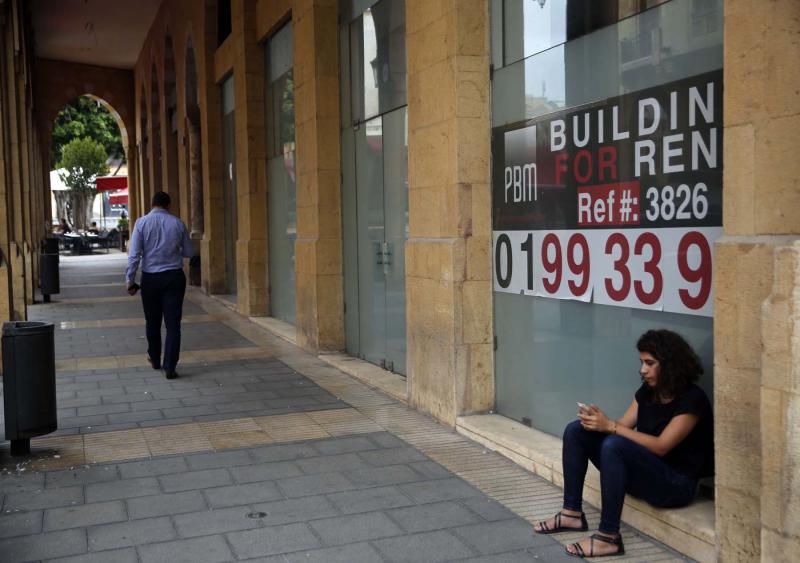Political will needed to salvage Lebanon’s economy
BEIRUT - While reports have been circulating about a looming economic and financial breakdown in Lebanon, senior bankers voiced confidence in the country’s ability to overcome the crisis and place the economy on a good track.
The state of the economy was exposed in a presentation by Lebanon’s leading investment bank, Blominvest, which indicated that economic slowdown affecting Lebanon since 2011 was expected to reduce GDP growth to 1% in 2018 compared to 1.2% in 2017.
“This is mainly due to the slowdown in the real estate and tourism sectors,” said Blominvest General Manager Fadi Osseiran. “The two sectors currently constitute the main drivers of the economy, with the former contributing some 15% of GDP and the latter’s overall contributions reaching an estimated 18% of the GDP.”
The government has ceased providing subsidised housing loans, a move that affected the real estate sector while income from tourism was decreasing.
“Although the number of overall visitors has increased almost 3.5% until July, the percentage of Arab tourists has dropped. In general, Arab Gulf tourists spend more than the average tourist and the decrease in their numbers means less spending in the tourism sector and slowdown in the sector’s growth,” Osseiran said.
Inflation, caused by the rise in oil prices, and salary scale adjustments for civil employees, which came at a high cost for the treasury without finding alternative financing, are other reasons for economic slowdown, Osseiran said.
The volume of bank loans to the private sector decreased from $60 billion in 2017 to $58 billion this year, another indicator the private sector is slowing down.
Saad Azhari, chairman of Blom Bank and its affiliated Blominvest, downplayed fears of economic failure despite the gloomy figures.
“It is clear that the economic situation is not good but Lebanon is not risking bankruptcy,” Azhari said. “In fact, the country has all the resources to kick-start its economy. The main problem in Lebanon is bad management (of public finances).”
An estimated $4 billion in tax evasion and waste in electricity generation that is costing the government $2 billion annually are prominent examples of financial mismanagement.
“Lebanon has a lot of assets. It has properties. It owns all its public facilities and should expect big incomes estimated at more than $300 billion from oil and gas. In other words, the state is rich. It should have a capacity to improve its finances without increasing taxes,” Azhari said.
He said Lebanon has a “golden opportunity” to bolster its economy thanks to the $11 billion funding pledged last April by the international community at the Conference for Development and Reform with Businesses (CEDRE).
“There is a clear international support for Lebanon and its economy,” Azhari said. “The funding in the form of grants and soft loans will be mostly dedicated to infrastructure projects that Lebanon badly needs. This will kick-start economic growth by creating job opportunities benefiting the whole population. All that is expected from Lebanon is to introduce the necessary reforms.”
Up to 40% of the CEDRE financing is expected to come from the private sector. Lebanon committed to introduce structural and fiscal reforms needed to put the Lebanese economy on track to attract international private and public capital.
One pressing item on the reform list is the deficit incurred by state-run power provider Electricite du Liban, which has an annual deficit of $1.4 billion. Some 80% of the deficit is attributable to the cost of fuel oil. The rest is due to poor bill collection, electricity theft and technical problems.
Lebanon is the third most indebted country in the world, with a public debt estimated at 150% of GDP ($79 billion). It ranks 143rd out of 180 countries in the 2017 “Corruption Perceptions” Index released by Transparency International.
Azhari noted that, with its solid assets and substantial reserves, the Central Bank has intervened to protect the national currency.
He said: “The Central Bank can buy time and sustain the government until it introduces the needed reforms but it cannot change the economic situation. The only way to improve the economy is by having a government, introducing the needed reforms and bringing in the funding allocated in CEDRE.”
Lebanon has been locked in a cabinet crisis since May. A dispute over shares has obstructed the formation of a new government, threatening to paralyse the country’s institutions and further endangering its already-frail economy.
“I believe that Lebanon has a bright future but we need a government and better management. I am not pessimistic,” Azhari said.
Samar Kadi is the Arab Weekly society and travel section editor.
This article was originally published in The Arab Weekly.







